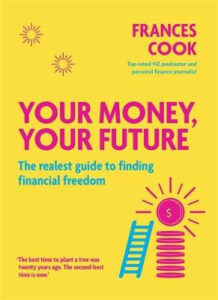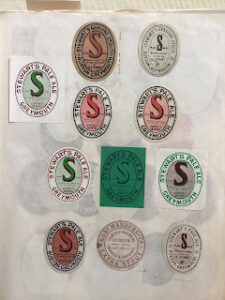Traveling overseas is an exciting experience, but it can also be expensive. Between flights, accommodation, food, and activities, costs can add up quickly. However, with careful planning and smart strategies, you can enjoy an amazing trip without breaking the bank. Here’s how to save money on your next overseas holiday.
1. Travel During the Off-Season
One of the easiest ways to save money is by avoiding peak travel times. Flights and hotels are significantly cheaper during the off-season, and you’ll also encounter fewer crowds. Research the best time to visit your destination—often, the shoulder seasons (just before or after peak times) offer good weather at lower prices.
2. Book Flights Early and Be Flexible
Airfare is usually one of the biggest expenses. To save:
- Book in advance (3-6 months before your trip for the best deals).
- Use flight comparison tools like Skyscanner, Google Flights, or Kayak.
- Be flexible with dates—flying mid-week is often cheaper than weekends.
- Consider budget airlines, but check baggage fees to avoid hidden costs.
3. Choose Affordable Accommodation
Instead of expensive hotels, consider:
- Hostels (many offer private rooms if you prefer privacy).
- Airbnb or vacation rentals (great for groups or longer stays).
- Guesthouses or homestays (often cheaper and more authentic).
- Loyalty programs (if you frequently travel, hotel points can lead to free stays).
4. Use Public Transportation
Taxis and ride-sharing services can drain your budget quickly. Instead:
- Take trains, buses, or metros—many cities offer tourist passes for unlimited travel.
- Walk or bike—it’s free and a great way to explore.
- Consider overnight trains or buses to save on accommodation while traveling.
5. Eat Like a Local
Dining in tourist areas is often overpriced. To cut costs:
- Eat at local markets or street food stalls (authentic and budget-friendly).
- Avoid restaurants near major attractions—walk a few blocks for better prices.
- Book accommodation with a kitchen to prepare simple meals.
- Look for lunch specials—many restaurants offer cheaper midday menus.
6. Find Free or Low-Cost Activities
You don’t need to spend a fortune to have fun. Try:
- Free walking tours (tip-based, so you pay what you can).
- Museums with free entry days (many offer discounted or free hours).
- Parks, beaches, and hiking trails (nature is often free!).
- Student or senior discounts (always carry ID if you qualify).
7. Avoid Unnecessary Fees
Bank fees and poor exchange rates can eat into your budget. To avoid them:
- Use a no-foreign-transaction-fee credit card (check with your bank).
- Withdraw cash wisely—use ATMs affiliated with major banks to avoid high fees.
- Avoid currency exchange kiosks at airports (they have terrible rates).
8. Pack Smart to Avoid Extra Costs
Packing efficiently can save you money:
- Bring reusable items (water bottle, shopping bag) to avoid buying them.
- Pack essentials like sunscreen and medications—they’re often pricier abroad.
- Check baggage allowances to avoid overweight fees.
9. Use Travel Rewards and Discounts
- Sign up for airline and hotel loyalty programs.
- Use credit card points for flights or upgrades.
- Check for discounts (student, military, or senior rates).
10. Plan and Budget Ahead
Create a daily spending plan and track expenses with a travel app. Knowing where your money goes helps prevent overspending.
Final Thoughts
An overseas holiday doesn’t have to be expensive. By traveling off-season, booking smart, eating locally, and taking advantage of free activities, you can enjoy an incredible trip without draining your savings. With these tips, you’ll be able to explore the world affordably and make unforgettable memories.
Happy travels! 🌍✈️
Taking the local bus or train?
Many places only accept non contact payment; that is where you tap your card. I used the wise travel card for this when I travelled to Scotland. Any debit card will do the job but the benefit of wise card is that you can load it with different currencies. Sign up for wise below by clicking on the link below and I will receive $130. (disclaimer)
The Benefits of Having a Travel Card
A dedicated travel card makes trips smoother and more secure. Unlike regular debit cards, travel cards often offer competitive exchange rates, low foreign transaction fees, and multi-currency support—saving you money on conversions.
If lost or stolen, travel cards can be frozen instantly via an app, protecting your funds without affecting your main bank account. Many also provide emergency cash replacement and 24/7 support.
Preloaded with a set budget, travel cards help control spending and avoid overspending. Some even offer rewards or insurance perks. For worry-free travel, a travel card is a smart financial companion.
https://wise.com/invite/dic/roberts10486




























